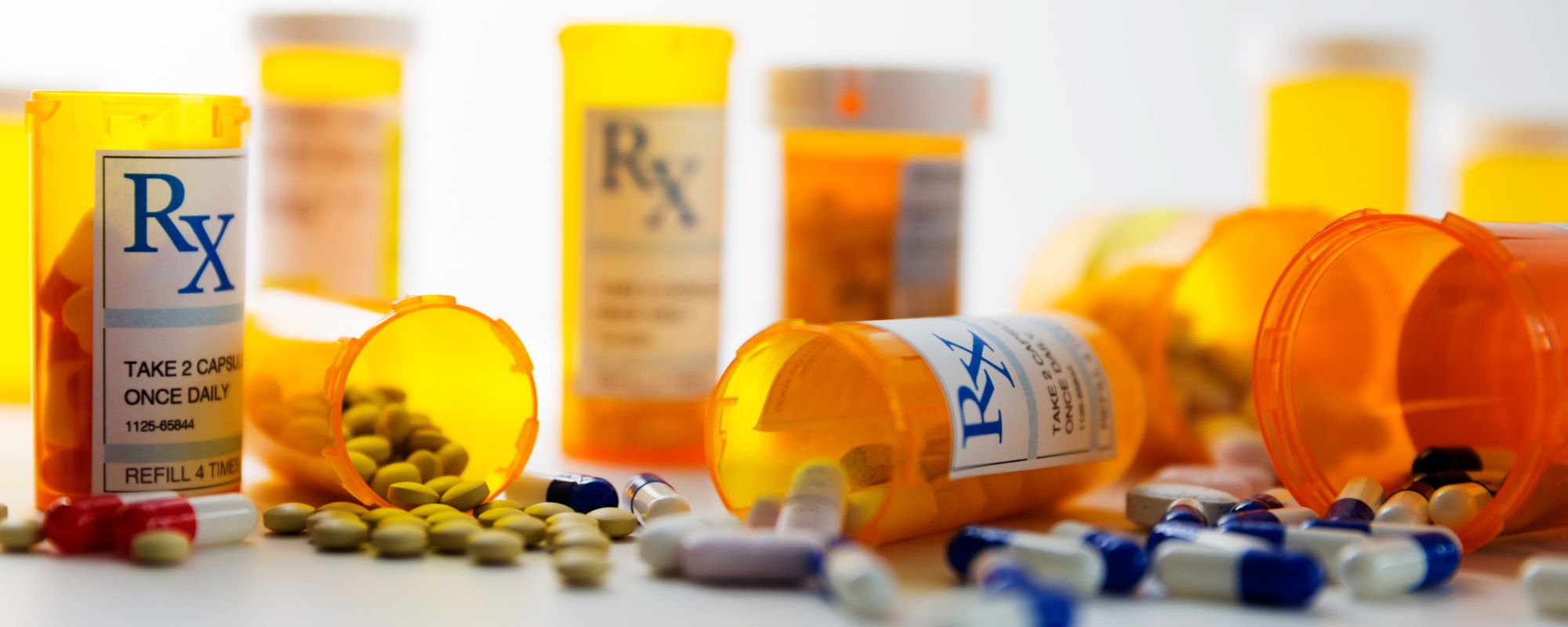Key Takeaways
Detox is just the first step: After completing medically‑assisted detox in Washington State, individuals are encouraged to continue with higher levels of care, such as residential treatment, partial hospitalization, intensive outpatient, or outpatient programs to support long‑term sobriety.
Residential treatment offers structure and support: Residential programs provide a safe, drug‑free environment with 24/7 supervision, research‑based therapies, and community support to help prevent relapse and build coping skills.
Step‑down care bridges to independence: Partial hospitalization (PHP), intensive outpatient (IOP), and outpatient programs allow individuals to transition more gradually back into daily life while continuing therapeutic support.
Aftercare and support networks matter: Continued care includes tools like peer support, case management, and alumni communities that help maintain sobriety and manage challenges after formal treatment ends.
Question:
What happens after I compete a detox program in Washington State?
Answer:
Completing medically‑assisted detox in Washington State marks an important milestone in the recovery journey, but it is only the beginning. Detox helps the body safely manage withdrawal, but it does not by itself cure addiction. After detox, individuals are encouraged to enter higher levels of care tailored to their needs. Residential treatment provides a structured, supportive environment where medical professionals and clinical staff help clients build healthy coping skills, engage in intensive therapy, and break the cycle of substance use. Following residential treatment, step‑down care options like partial hospitalization programs (PHP), intensive outpatient programs (IOP), and traditional outpatient treatment allow individuals to gradually transition back into daily life while still receiving clinical support. These programs offer flexibility and ongoing therapy to reinforce recovery skills.
Taking the Next Step After Drug and Alcohol Detox
If you have recently completed medically-assisted detox, Washington State offers several continuing care options to help you maintain your sobriety. Understanding what happens after detox is important for achieving maintained sobriety.
When looking for rehabs in Washington State, it is important to know what to look for. At Puget Sound Recovery Centers, we offer an extensive continuum of care to those struggling with addiction. We can help you achieve long-term recovery from your substance addiction through each of our levels of care.
What Happens After I Complete Detox in Washington State?
While medical detox is a crucial part of the addiction recovery process, it is just the first step in your journey to sobriety. There are several additional levels of care that follow this form of treatment. What levels of care will be best suited for you will vary depending on your specific care needs but may include:
- Residential Treatment
- Partial Hospitalization
- Intensive Outpatient Treatment
- Outpatient Treatment
- Aftercare
Does Detox Cure Addiction?
Detox is not a cure for addiction on its own but rather a crucial first step in recovery. Addiction is a serious disease and does not have a one-size-fits-all treatment method. Those who seek treatment for a substance use disorder will benefit from a personalized recovery plan.
This means their treatment process can include several different levels of care. Understanding what each of these treatment options entails is important before deciding what will be best for your recovery journey.
Residential Treatment in Washington State
Residential treatment is a type of inpatient care. It provides a structured and supportive living environment for people who are struggling with mental health or substance abuse issues. It typically involves living in a facility with other residents for weeks or months. During this time, you will receive intensive therapy and support services.
Detox can be a physically and emotionally challenging process. Withdrawal symptoms can be intense, and people are more susceptible to relapse during this time. Residential treatment provides a safe and supportive environment where medical professionals can monitor and manage withdrawal symptoms, reducing the risk of relapse.
What Are the Benefits of Residential Treatment?
Residential treatment offers several benefits to those who are recovering from a substance use disorder. This level of care can be crucial for successfully maintaining long-term recovery. Some of the benefits that come with residential care include:
- 24/7 Support and Monitoring: Residential treatment features medical professionals and support staff around the clock. This can be crucial for those at risk of self-harm or relapse.
- Structured Environment: Residential programs provide a daily routine and clear expectations. This can help people learn healthy coping mechanisms and develop self-discipline.
- Comprehensive Therapy: These programs typically offer a variety of research-based therapies. This includes cognitive behavioral therapy (CBT) and group therapy. Individualized treatment plans target the specific needs of each person.
- Drug-Free Environment: Living in a safe, substance-free environment can be a critical factor in breaking the cycle of addiction. Residential treatment provides this level of structure and security.
- Supportive Community: Residential programs foster a sense of community with others who are going through similar experiences. This peer support can be a powerful motivator in recovery.
- Focus on Overall Well-being: Residential programs address a variety of issues. This includes physical health, emotional well-being, and life skills development to promote long-term recovery.
How Long is Residential Treatment?
Residential treatment programs can vary widely in length. Typically, this level of care can last anywhere from 30 days to a year or more. There’s no one-size-fits-all answer, as the ideal duration of treatment can depend on several factors, including:
- The severity of the addiction or condition being treated
- Whether there are co-occurring mental health disorders
- The individual’s progress and response to treatment
- Insurance coverage and budget
What Therapies Are Used in Residential Treatment?
Residential treatment centers offer a variety of research-based and holistic therapies. These can help individuals overcome a variety of mental health or substance use disorders. Some of the therapies offered at Puget Sound Recovery Centers include:
- Individual Therapy
- Group Therapy
- Art Therapy
- Sober Studios
Research-based Therapy
research-based therapy is a kind of psychotherapy. It relies on proven methods to treat mental health conditions. This ensures you get care that has been shown to work for similar situations. It also considers your unique circumstances to provide the best support possible. Detoxing from drugs is always easier with proven methods of recovery at your disposal.
There are several research-based therapies that may be used in residential alcohol and drug rehab, including:
- Cognitive Behavioral Therapy (CBT)
- Dialectical Behavioral Therapy (DBT)
- Motivational Interviewing (MI)
- Eye Movement Desensitization and Reprocessing (EMDR)
- Individual Therapy
- Group Therapy
- Family Therapy
Holistic Therapy
Holistic therapy is a type of therapy that focuses on the whole person rather than just one aspect of their health. It takes into account a person’s physical, mental, emotional, and spiritual well-being and aims to improve all these areas.
Residential treatment programs often incorporate several holistic therapies, including:
- Meditation/Yoga
- Nutritional Therapy
- Art Therapy
- Adventure Therapy
- Music Therapy
- Equine Therapy
Reach Out For Help With Addiction
Are you or a loved one struggling with addiction?
Royal Life Centers at Puget Sound is here to help you recover. Because we care.
Begin Your Journey to Recovery Today
Struggling with drug or alcohol addiction can feel overwhelming, but you don’t have to face it alone. At Puget Sound Recovery Centers, we provide compassionate, evidence-based care to help you safely overcome addiction. The first critical step in your journey is medically supervised detox, which ensures your body cleanses safely while minimizing withdrawal symptoms. Our experienced medical team is available 24/7 to guide you through this essential stage of recovery.
Transition Seamlessly Into Residential Treatment
Detox is only the beginning. Once your body has safely cleared substances, our residential treatment programs in Washington State provide structured, immersive care that addresses the root causes of addiction. In a supportive, trauma-informed environment, you will receive individual therapy, group counseling, and holistic treatments designed to rebuild your physical, emotional, and mental health. Our goal is to equip you with the tools and coping strategies needed for long-term sobriety.
Personalized Care Tailored to Your Needs
Every recovery journey is unique. At Puget Sound Recovery Centers, we create personalized treatment plans based on your individual needs, substance use history, and personal goals. From detox to residential care, our team is committed to helping you regain control of your life and develop lasting recovery skills. We combine medical expertise, compassionate support, and proven therapies to maximize your chances of success.
Take the First Step Now
You deserve a life free from addiction, and the first step starts with a single call. Our admissions specialists are available 24/7 to answer your questions about insurance verification, guide you through the detox process, and help you transition smoothly into residential care.






